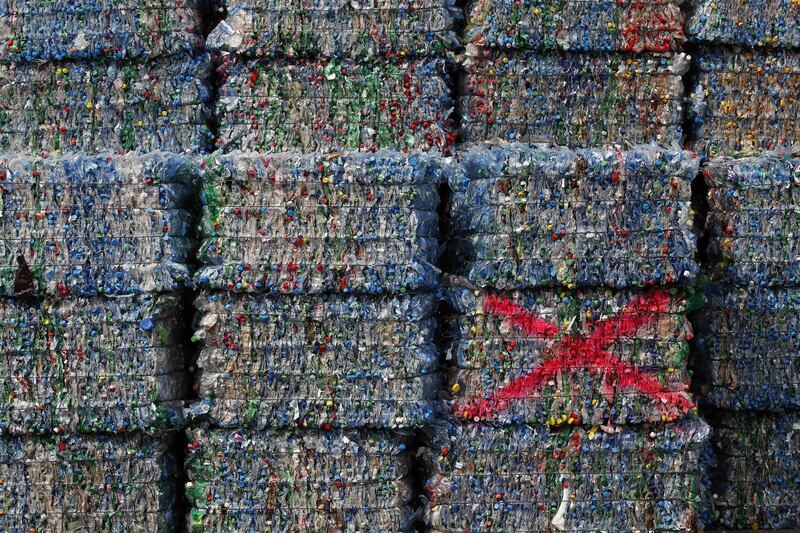This week, The National spent a morning with Capt Saleh Ba Abbad, whose 14-strong team maintains the waters around the UAE's ports. As well as rescuing turtles and other animals, the team collected a staggering 120 tonnes of floating debris last year, including abandoned fishing nets, timber and spilt oil. But one particular scourge is more prevalent than the rest: tonnes and tonnes of single-use plastic. This material is by some stretch the chief polluter of the world's oceans.
Plastic has without doubt changed the world. It is used in every aspect of human activity – from toys to rockets – and millions still rely on it for clean drinking water. Versatile, cheap and light, the globe produced some 8.3 billion tonnes of it between the 1950s and 2010. But 80 per cent of that now sits in dumps and the natural environment. Famous for its durability, we are now grappling with the consequences of its desperately slow decomposition. And yet, demand is surging in Asia and elsewhere. Since 2000, the world has produced more plastic than in all the years before then. At long last, people are beginning to understand its dangers. But so much more needs to be done to address this threat – to our planet, its marine life, and ourselves.
As The National reported this week, Egypt's tourism-dependent Red Sea region will soon ban single-use plastic. With its rich marine life and golden beaches, this is as much an economic decision as an environmental one. Egypt uses 12 billion plastic bags per year – just one billion more than the UAE, whose population is far smaller. While a 2018 YouGov survey found that two-thirds of UAE residents are concerned about plastic waste, serious action is required. Supermarket chains including Waitrose have started charging for plastic bags. Other shops should follow suit. And consumers also have a role to play. Most of us use more single-use plastic than we need. Instead, we should consider our environmental footprints. Not least, in deference to the vital work of Capt Abbad and his team of seafaring trash collectors.





